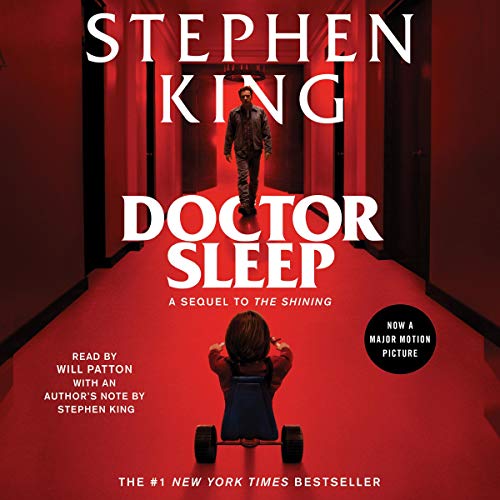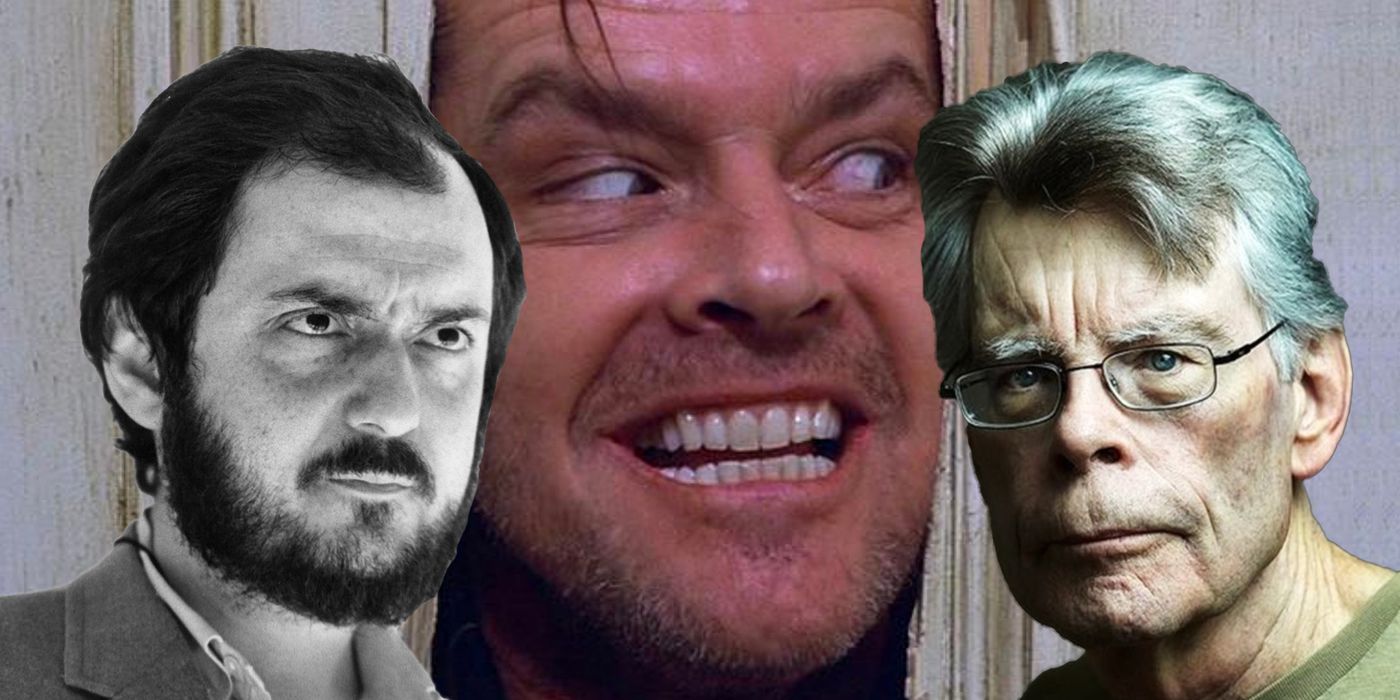

It is certainly more faithful to the book, but utterly dreadful and perfectly vindicated Kubrick’s decisions in adapting the book for screen. I think he really wants to make a movie that will hurt people.” Kubrick’s disdain for source material – and for scriptwriters – was sufficiently wounding for King to produce and script, seventeen years later, a five-hour TV mini-series of The Shining.

“I think he wants to hurt people with this movie. “You know what?” King asked at the time of release. Needless to say, King hated the film passionately for its major departures from the novel, and loudly denounces it whenever possible. Kubrick’s film appeared in 1980, and although initially reviled by the critics it has steadily grown in reputation as one of the most evocative horror fictions of modern times.

It is odd for one of the best-selling authors on the planet to exhibit anxiety over his legacy, and yet The Shining clearly still riles King because the authorship has become shared with Stanley Kubrick. The announcement that Doctor Sleep would return to the characters of The Shining was perhaps no surprise, since the story of Danny Torrance in the Overlook Hotel remains one of King’s finest formal achievements and yet carries with it lots of unfinished business.

Earlier in 2013, his “Hard Case Crime” novel Joyland retrospectively narrated spooky events in a carnival in 1973 in a gently nostalgic haze. His Kennedy assassination novel, 11/22/63 had a similarly lengthy gestation. He first attempted the long novel Under the Dome in 1972 and couldn’t fix it until it was finally published in 2009. STEPHEN KING HAS been in a retrospective groove for a while.


 0 kommentar(er)
0 kommentar(er)
